I’d spent the day exploring Sequoia National Park when I pulled into the neighboring national forest to set up camp for the night. The scenery in the campground was gorgeous – near the top of a mountain, surrounded by sparkling granite and towering pine trees. After a quick dehydrated dinner, I set up my tripod near some boulders, trying to frame the scene for later, when the Milky Way would roll through late that night. It was perfect, except for one thing.
Further down the mountain, a group of teenagers or college kids were partying hard, their yells and blaring Top 40 tunes echoing throughout the canyon. Had the scene been a fraternity house, I’d have had zero problems with their rowdy behavior, but we were in one of the world’s greatest natural cathedrals. As I continued to prepare for the natural light show that would be occurring later that night, I soothed myself with the knowledge that the campground quiet hours would soon be in effect.
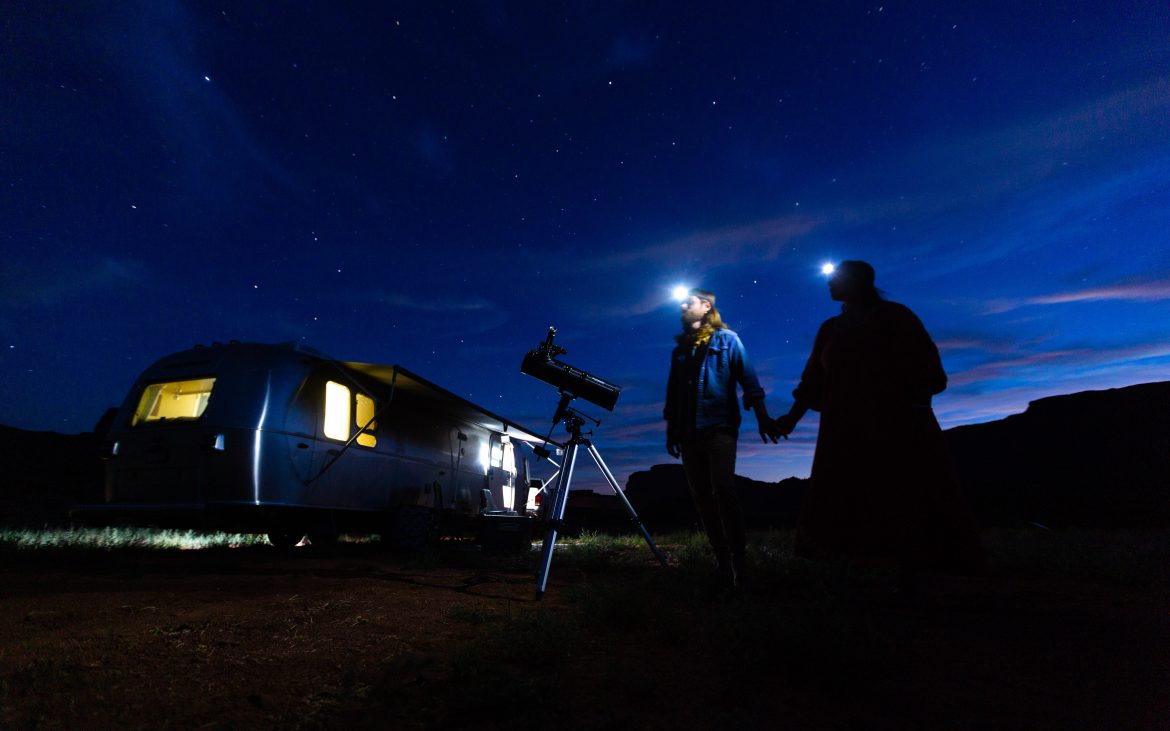
Image courtesy of The Outbound Life
Unfortunately for me and everyone else in the campground, the partying kids paid as much attention to quiet hour rules as they assuredly did with underage drinking laws. When I rolled into my tent in the wee hours of the morning, they were still going at it. What I hoped would be a magical experience in a gorgeous forest was marred by a group of selfish people who didn’t care about anyone else’s enjoyment but their own. Sadly, this is an all-too-common occurrence.
What quiet hours mean when camping
If you’ve ever overnighted at a campground, you’ve likely seen the signs – “Quiet Hours from 10 pm – 7 am” (or thereabouts). But if you’re new to camping, you may have questions. What do camping quiet hours mean? Are we talking no voices above a whisper or turning the Whitesnake down from full blast to merely ear-curling – or just muting it altogether? Outside of quiet hours, are you allowed to be as loud as you want?
A lot of these answers come down to basic common courtesy, something that’s all too often in short supply these days. In most campgrounds, blaring music at a loud volume is considered a faux pas. There are a few exceptions, such as music festivals and Burning Man-esque events, but even then, you should be considerate of your neighbors. Even when I’m alone in a campground, I rarely turn up my Bluetooth speaker to the maximum, because I don’t want to disturb the animals. I’m there to commune with nature, not necessarily rock out to the Vandoliers or Gram Parsons.
But not all of us enjoy nature in the same way, so I understand when other campers make noise during the day. Kids, for example, like to inform everyone around them how much fun they’re having at top volume. If they’re not having fun, they’ll also let the entire campground know with screams that could drown out a 747 taking off. Likewise, some dogs bark when people walk too close to their owners’ campsite or when they see a squirrel or if a falling leaf gently brushes its tail. Those situations come with the territory.
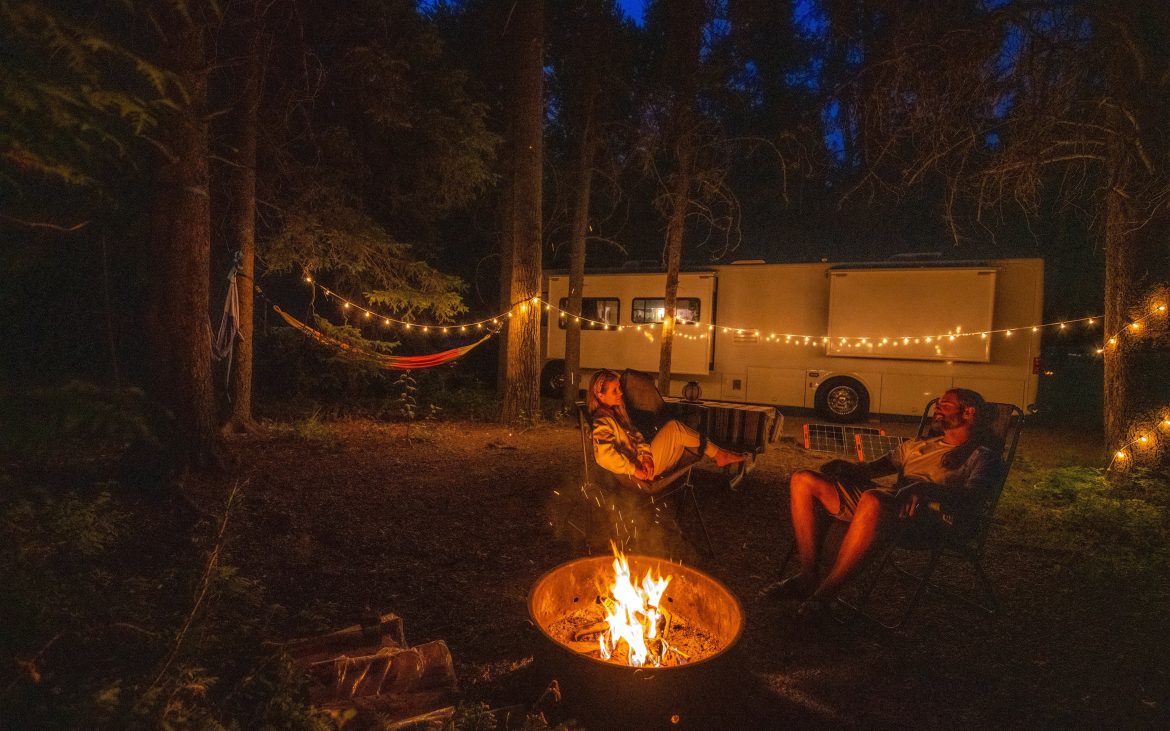
Courtesy of The Rollin Boles
Because I travel solo about 90 percent of the time, I do listen to music around my campsite, even after camping quiet hours. But I turn down the volume to the level of a private conversation with my doctor on a cell phone; imagine trying to explain a particularly sensitive rash and try to keep it at that decibel level.
Sometimes neighbors might accidentally violate camping quiet hours because of situations out of their control, like crying babies and barking puppies. My advice would be to give them a break; the parents are probably stressing enough as it is and angry knocking will only increase the anxiety.
However, that same grace doesn’t extend to loud generators. If you want to run the air conditioner all night, fork over the extra $30 a night and get full hookups. If the campground doesn’t have electric hookups, try to find a corner of the campground away from everyone else. No dice? Sorry, but you’ll have to make do with the overhead fan. (I’d also recommend a rechargeable fan).
It’s never good form to tell your neighbors, “Hey, if we’re too loud, say something.” Most people hate confrontation and aren’t going to confront you for your noisy ways. So you’re not just loud, you’re also a jerk.
Campground etiquette
So what should you do if the campers next to you are being too noisy? You could talk to them yourself if you feel comfortable. A call to the campground host usually suffices, but if no one’s around, you may have to look in the papers you received at check-in. Oftentimes, the campground suggests you call the local sheriff’s department. A buddy of mine passed along this story about what not to do. (He asked to remain anonymous because the person involved is pretty well-known in his industry.)
“We were at an event, and this guy was drinking before it even ended,” said (let’s call him) Jack. “When we got back to the campsite, there was a big end-of-the-ride party with more drinks, dinner, then more drinks and dancing. Fast forward to about 9 pm – an hour before the official quiet hours – we heard screaming and shouting. Next thing you know, there’s a guy in our campsite dunking his hands in our cooler.”
Apparently, he got into an argument with folks at another campsite because they were playing “bleeping country and western” music and it was camping quiet hours (even though it wasn’t yet). The guy trashed their campsite, ruined camp chairs, and grabbed the red-hot metal fire ring in an attempt to flip it and put out the fire … which is why he was dunking his severely burned hands in our cooler.
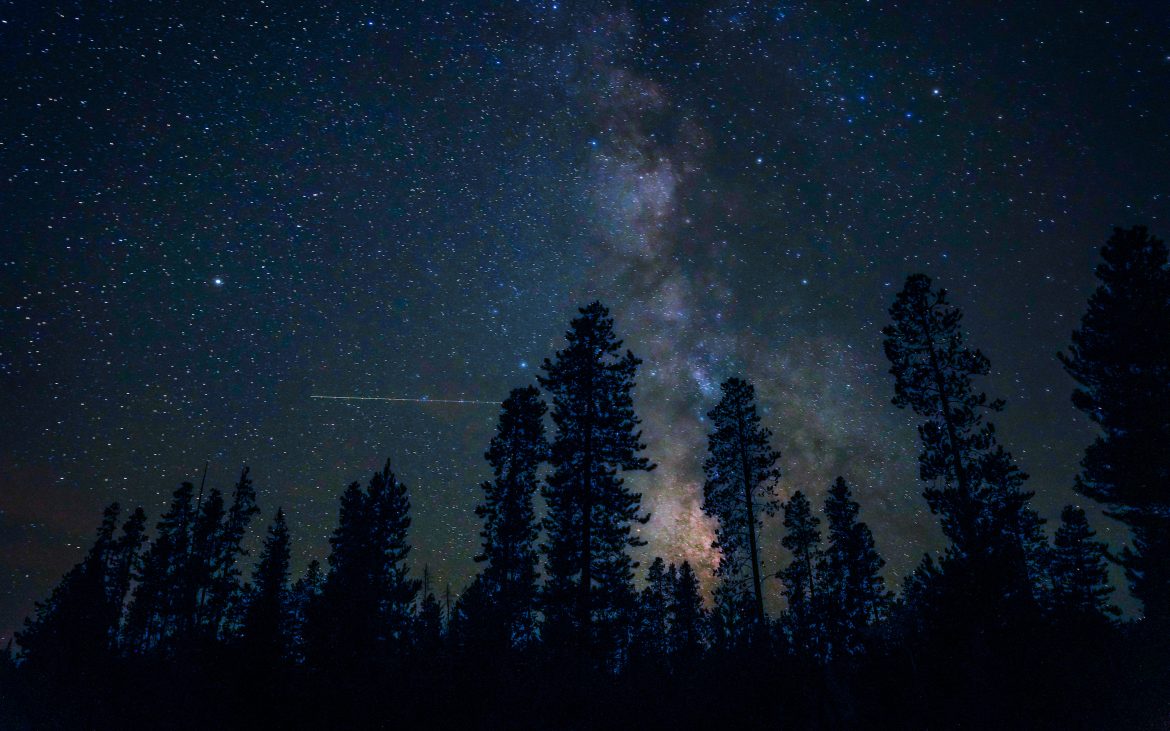
“He eventually ran off, but continued (causing a ruckus),” Jack continued. “The guy was completely enraged about the perceived slight against quiet hours, though, by the time it was actually quiet hours, it was only him disrupting everyone by yelling with the police, before they hauled him off to jail. Genuinely one of the most insane nights I’ve ever had at a campsite.”
That’s an extreme situation, but you get the gist. If, the next morning, you get the feeling the neighbor isn’t going to change their ways, you could always ask the campground if you could move to a different section of the campground.
And although quiet hours deal specifically with noise, light can be as disruptive to a relaxing evening as loud music or voices. I’d recommend leaving exterior lights off as much as possible as well.
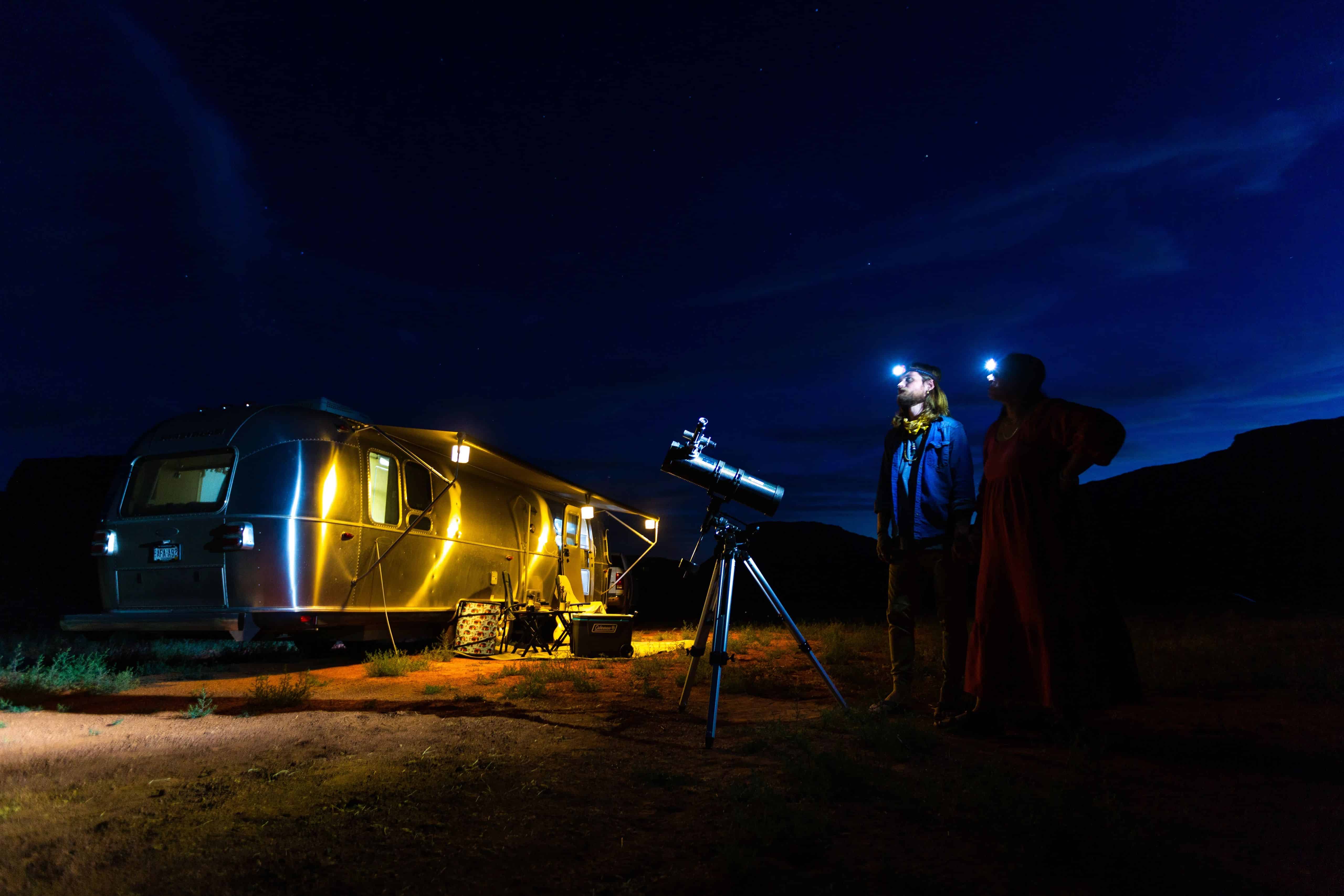

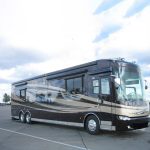
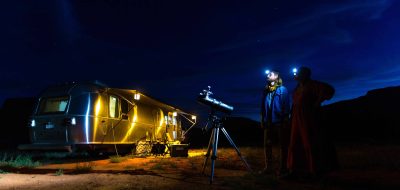
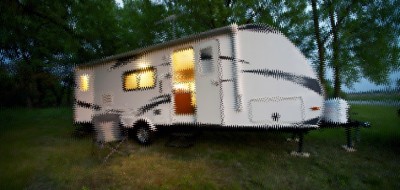

CoffeeLady
Sitting around a campfire after quiet hours can be one of the joys of camping. Just make sure you can’t be heard in the next campsite. Our local state park had to outlaw any alcohol in the CG at all because of the drunken parties every weekend.